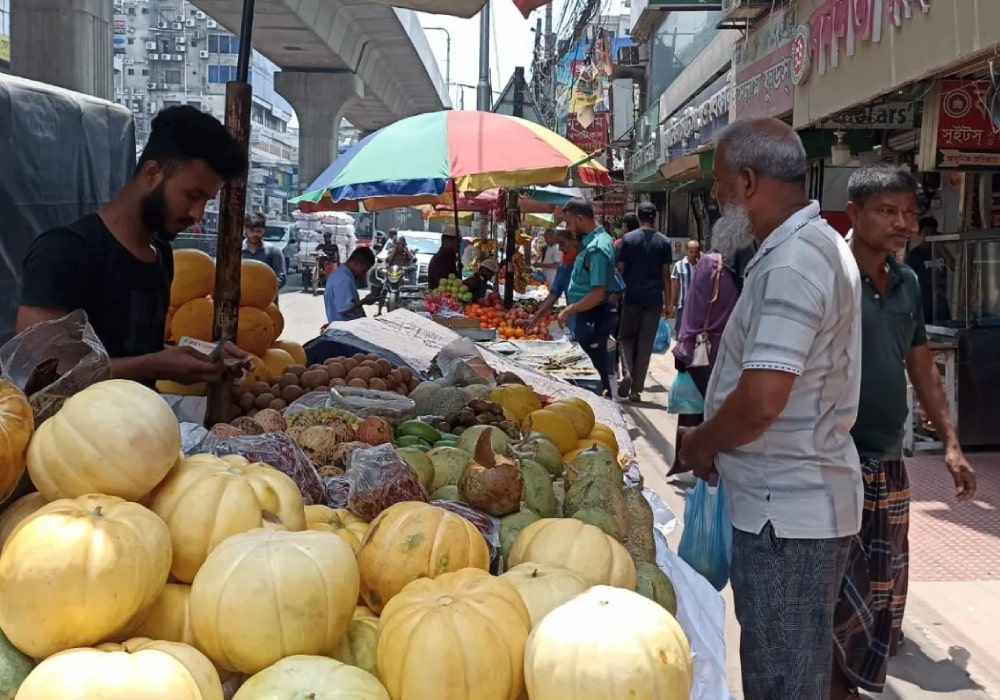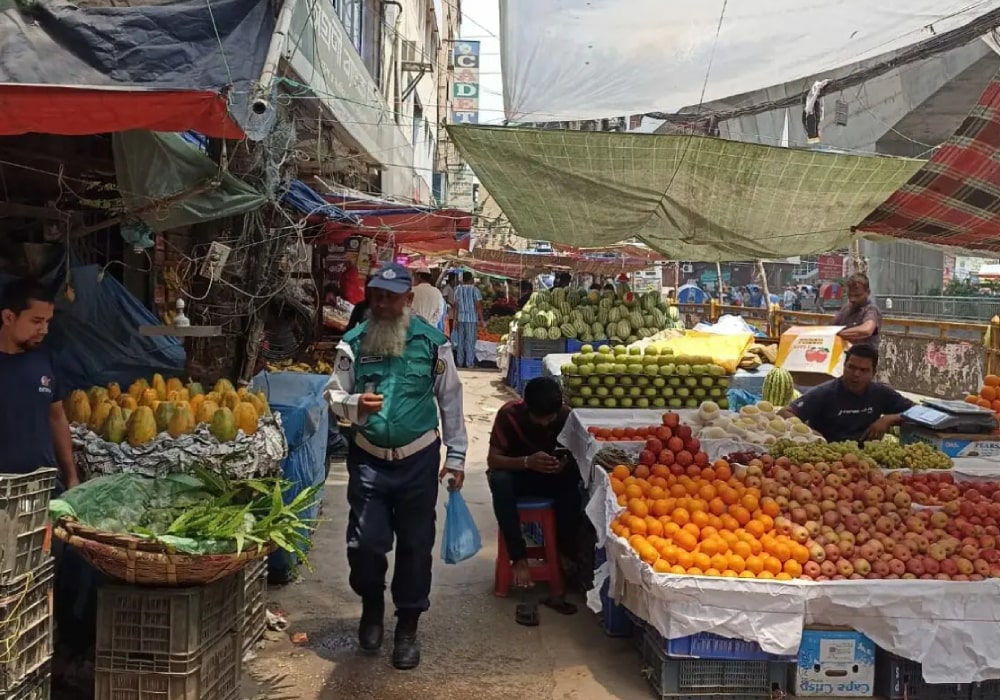Subscribe to our E-Letter!
Subscribe to our e-mail and stay up-to-date with news and resources from street vendors around the world.
Street vendors play a crucial role in caring for their families, communities, and cities in numerous ways:

Street vendors often operate small businesses, which serve as the primary source of income for their families. By selling goods or food items, they contribute to household finances, ensuring their families have access to basic necessities such as food, shelter, and education.
Street vendors are integral parts of their local communities. They provide accessible goods and services to residents, fostering a sense of community cohesion and interaction. Their presence often creates lively neighborhood hubs where people gather, fostering social connections and a sense of belonging.
Street vendors demonstrate remarkable flexibility and adaptability in responding to the needs of their communities. They often adjust their offerings based on demand, seasonal changes, or special events, ensuring they meet the diverse needs of their customers.
Many street vendors not only support their own families but also provide employment opportunities for others in their communities. They may hire family members or neighbors, thereby contributing to local employment and livelihoods.
Street vendors typically source their goods locally, supporting other small-scale producers and businesses within their communities. By keeping money circulating within the local economy, they contribute to its vitality and resilience.
Street vendors often sell traditional or locally made products, preserving cultural heritage and culinary traditions. They play a vital role in keeping cultural practices alive by offering authentic and culturally significant goods to both residents and visitors.
In times of crisis or economic hardship, street vendors often serve as informal safety nets for vulnerable members of their communities. They may extend credit or offer discounts to loyal customers facing financial difficulties, demonstrating a spirit of compassion and solidarity.
Although street vendors make such important contributions, they are usually not recognized as workers and Bangladesh is no exception to this worldwide trend. According to Mr. Sabuj Mia, a street vendor who has been running his business for 17 years: “Before I had a shop but because of rent increase and more advance payment I had to leave the shop. Now I have to do business on the street and face a lot of problems, many people come and ask for money and the police come and make trouble. So doing business like this has become very difficult.”

Mr. Sabuj’s family depends on his income as a street vendor, which means his business is supporting many people. “I have five people in my family and I can’t give them enough time. I do business to support my family, children have to study, so I need to spend more time at work. My family is dependable only of this tea stall. As a street vendor, I want to be allowed to do my work properly without any hassles and I need some financial help to support me to run my business ”
Street vendors contribute to the social, economic, and cultural fabric of their communities, demonstrating resilience, creativity, and care in their daily endeavors. So it is crucial for hard-workers such as Mr. Sabuj to have their labor rights fully recognized and ensure decent working conditions for all workers, including those who trade in our streets.
This article was written by Media Activist from Bangladesh Tahajaud Islam.

By entering your personal data and clicking “Suscribe,” you agree that this form will be processed in accordance with our privacy policy. If you checked one of the boxes above, you also agree to receive updates from the StreetNet International about our work